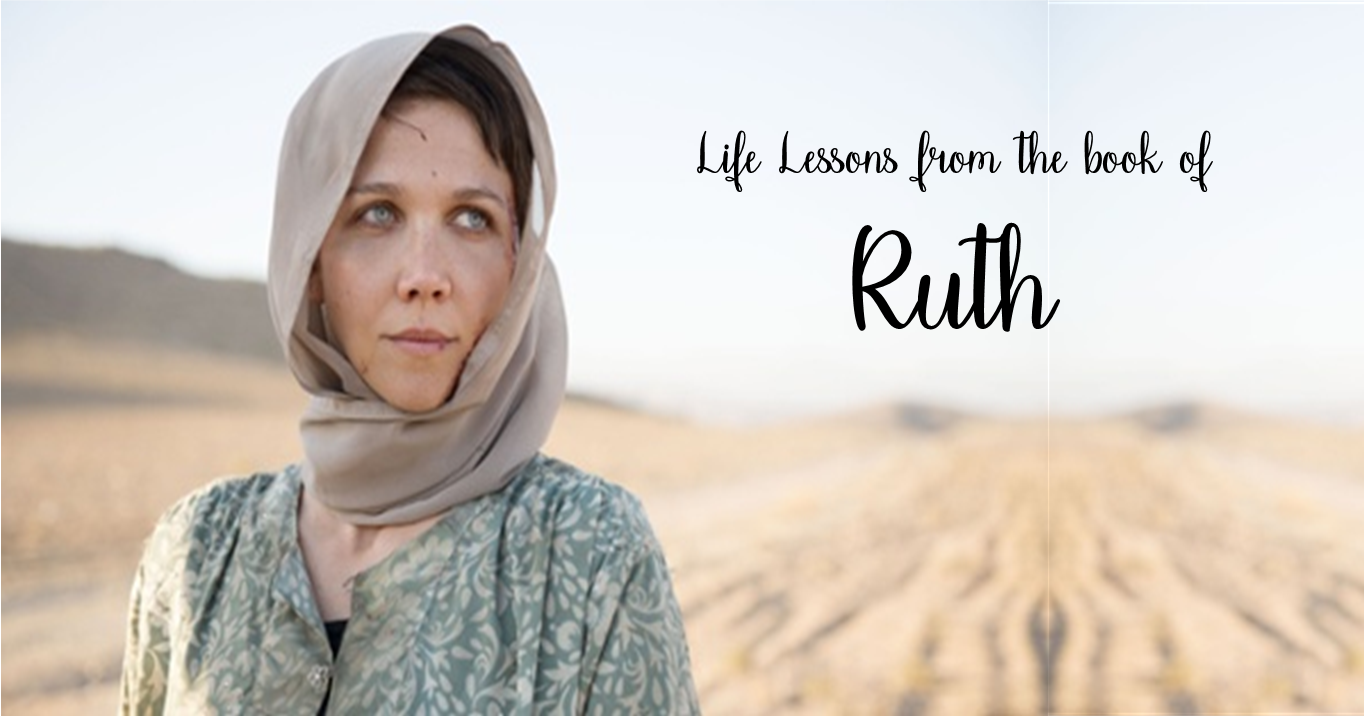Life Lessons from the Book of RUTH
Redeemed

Ruth 4:7-8
Now this was the manner in former time in Israel concerning redeeming and concerning changing, for to confirm all things, a man plucked off his shoe and gave it to his neighbor: and this was a testimony in Israel. Therefore the kinsman said unto Boaz, Buy it for thee; so he drew off his shoe. KJV
Now in those days it was the custom in Israel for anyone transferring a right of purchase to remove his sandal and hand it to the other party. This publicly validated the transaction. 8 So the other family redeemer drew off his sandal as he said to Boaz, “You buy the land.” NLT
“Former time” – evidence that the book was written later.
“Changing” – property title transfer
“A man” – the seller
“His neighbor” – the buyer
The shoe became the physical evidence of the title transfer to the new owner. It signified his right to walk on the property as his own (see Genesis 13:17).
Ruth 4:9-10
And Boaz said unto the elders and unto all the people. Ye are witnesses this day, that I have bought all that was Elimelech’s, and all that was Chilion’s and Mahlon’s of the hand of Naomi. Moreover Ruth the Moabitess, the wife of Mahlon, have I purchased to be my wife, to raise up the name of the dead upon his inheritance, that the name of the dead be not cut off from among his brethren, and from the gate of his place: ye are witnesses this day.
It is very interesting to see how things worked in those days. There were no papers to sign, no fees, no clerk or judge or attorneys. In just two simple sentences, the property was conveyed to its new owner and civil requirements for the marriage were taken care of.
Ruth 4:11-12
And all the people that were in the gate, and the elders, said, We are witnesses. The Lord make the woman that is come into thine house like Rachel and like Leah, which two did build the house of Israel: and do thou worthily in Ephrathah, and be famous in Bethlehem: and let the house of Israel be like the house of Pharez, whom Tamar bare unto Judah, of the seed which the Lord shall give thee of this young woman. KJV
Then the elders and all the people standing in the gate replied, “We are witnesses! May the Lord make this woman who is coming into your home like Rachel and Leah, from whom all the nation of Israel descended! May you prosper in Ephrathah and be famous in Bethlehem. 12 And may the Lord give you descendants by this young woman who will be like those of our ancestor Perez, the son of Tamar and Judah.” NLT
Everybody said, “Amen!” in those days, when a good share of the townspeople witnessed the transaction, there would be no need of a formal signed document. People would remember and talk about the event for years to come.
There was a united prayer for God’s blessing upon Ruth. She is placed alongside the mothers of their nation, Rachel and Leah. In addition, they prayed God’s blessing upon Boaz and the descendants of their clan in the tribe of Judah. “Do thou worthily in Ephrathah, and be famous in Bethlehem” – a Hebrew poetic expression. Ephrathah and Bethlehem were names of the same place, one meaning “fruitfulness,” the other meaning, “house of bread.”
In the mention of Rachel and Leah, the founding mothers of Israel, and the words, “build up the house of Israel,” the Israelite readers of Ruth would have seen a prophetic reference to the rebuilding of the nation by King David, the descendant of Boaz and Ruth, after its near extinction in 1 Samuel 4.
In the mention of Pharez (Perez), whose birth came about through a union based on a variation of the “levirate” practice of raising up an heir to a deceased brother, the Israelite readers of Ruth would have seen a prophecy of the raising to leadership of King David, the descendant of Ruth and Boaz, even as the descendants of Perez had already brought the tribe of Judah into the place of leadership among the twelve tribes.
The Christian can look beyond David to see the fulfillment of the types and prophecies of this book in the great David, the Lord Jesus Christ, who, in His humanity, was a descendant of Boaz and Ruth.
- Boaz is a type of our kinsman redeemer, the Lord Jesus Christ. As Son of man, He became our kinsman. As Son of God, He is our Redeemer.
- Ruth as a Moabite Gentile, is a type of the Gentile church. Ruth chose to leave Moab, the heathen world she knew and lived in, and chose to serve God and join in life and fellowship with His people. In like manner, we choose to leave the world and join in the life and fellowship in Christ’s Church. We call this repentance. Naomi and Elimelech (and Ruth as their heir), had lost – through their own disobedience – their birthright inheritance in the land. Ruth in her proposal was asking Boaz to redeem it. In like manner, we as heirs of Adam and Eve, have lost our spiritual birthright, and come to Christ and ask for pardon and redemption. Boaz freely granted her request, even as Christ freely grants our request for forgiveness of our sins and for our redemption.
- Boaz took Ruth as his bride. In like manner, we become members of the bride of Christ (2 Corinthians 11:2; Ephesians 5:22-23; Matthew 22:2-14; Revelation 19:7-10; 21:2, 4, 17; Isaiah 54:5-7; Hosea 2:19-20).
Dear God, How amazing You are! You planned for every detail for our redemption, and then You left clues and gave examples of how we can receive that redemption. Thank You, for inviting me to be Your bride. Amen.
